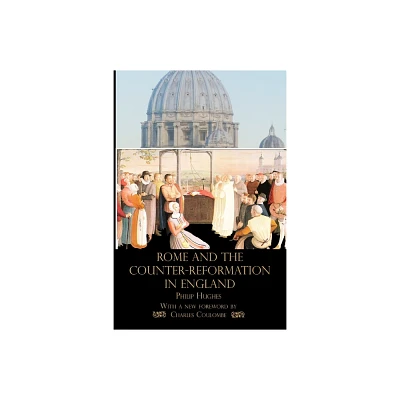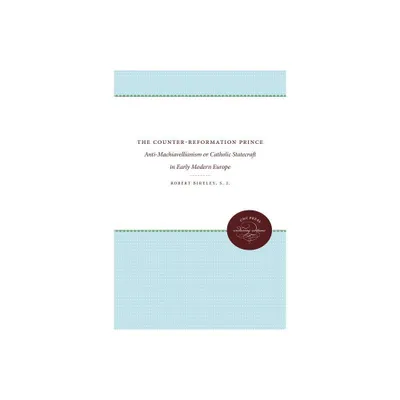Home
Magistrates, Madonnas and Miracles: The Counter Reformation in the Upper Palatinate / Edition 1
Loading Inventory...
Barnes and Noble
Magistrates, Madonnas and Miracles: The Counter Reformation in the Upper Palatinate / Edition 1
Current price: $200.00


Barnes and Noble
Magistrates, Madonnas and Miracles: The Counter Reformation in the Upper Palatinate / Edition 1
Current price: $200.00
Loading Inventory...
Size: OS
*Product Information may vary - to confirm product availability, pricing, and additional information please contact Barnes and Noble
In 1621, in one of the earliest campaigns of the Thirty Years' War, the South German principality of the Upper Palatinate was invaded and annexed by Maximilian of Bavaria, director of the Catholic League. In the subsequent years the eyes of Europe looked to the fate of this erstwhile hub of the 'Calvinist international', as Maximilian steadily moved to convert its population to Catholicism. This study is the first account in English to focus on this important instance of forced conversion and the first account in any language to place the political impact of the Thirty Years' War into the broader context of the Upper-Palatinate's religious culture examined over the longue durée, from the later sixteenth to the mid-eighteenth centuries. The book analyses the rich unpublished sources of church and state from Bavarian and Roman archives, as well as printed texts in varied genres to reconstruct the region's sacred system and to gauge the effectiveness of the campaign of conversion. This allows the study to address questions of how the re-catholicisation was achieved, how a religious culture infused with the spirit of the Counter Reformation developed and how this change shaped the identity of its people. More than this, however, the book also uses the Upper Palatinate case-study to draw broader conclusions about the strengths and limitations of the Confessional model, and suggests other ways of looking at religious change and identity formation in early modern Europe which embraces popular religious culture and voluntary religion, as well coercion. As such the book offers much, not only to scholars of early modern Germany, but to all with an interest in the formation, adoption and imposition of religious identity during this period.


















